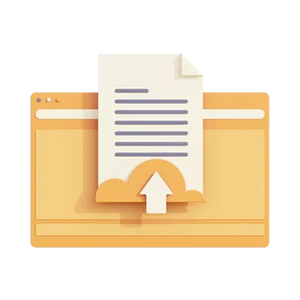Accompanying glossary to Summary Antiquity
Dear reader,
This is the accompanying glossary to the summary of part 1 of European Literary History An Introduction, which is free when purchasing the bundle.
Preview document (1 van de 2 pagina's)
Voordelen van Knoowy
€ 1,99
 Niet tevreden? Geld terug
Niet tevreden? Geld terug
 Document direct te downloaden
Document direct te downloaden
 € 0,50 korting bij betalen met saldo
€ 0,50 korting bij betalen met saldo
-
 Ontvang gratis oefenvragen bij document
Ontvang gratis oefenvragen bij document

Specificaties
- School: Universiteit Utrecht
- Opleiding: Literatuurwetenschap
- Vaknaam: Eurolit 1
- Alle documenten voor dit vak ›
Document
- Rubriek: Overige documenten
- Gemaakt op: 06-04-2021
- Type: .pdf
- Pagina's: 2
- Taal: English
Tags
Verkoper
5 documenten geüpload
9 documenten verkocht
1 diensten aangeboden
Beschikbaar in bundel
Vakken van Literatuurwetenschap - Universiteit Utrecht
Meer Literatuurwetenschap ›eurolit 1 lit-eurolit 1: antiquity and middle ages omstreden verleden
Al meer dan 146.000 tevreden studenten
-
SjuulGitmans
Knoowy biedt een prima service voor studenten, en keuze genoeg qua aanbod.
-
FleurYasmine
Het is erg handig om Knoowy te gebruiken voor het leren voor tentamens.
-
Iratenbroeke
Knoowy was makkelijk te gebruiken en je wist wat je kreeg voor je geld.
-
Nina
Ideale site! Handig als je weinig tijd hebt om een samenvatting te maken. Je kunt gelijk met leren beginnen.
-
Humphrey01
Zeker de moeite waard en duidelijk genoeg zonder het boek aan te moeten schaffen.
-
NPEVermeulen
Heldere website, goede zoekoptie en vrij volledig.
-
EsmeedeKoning
Knoowy is makkelijk te gebruiken je kunt veel documenten vinden voor een kleine prijs.
-
Jorine Van Der Steen
Fijn dat andere studenten samenvattingen verkopen die ik kan gebruiken voor mijn studie. Op Knoowy vind je goede hulp voor je studie.
 Actie: ontvang 10% korting bij aankoop van 3 of meer items!
Actie: ontvang 10% korting bij aankoop van 3 of meer items!
Actie: ontvang 10% korting bij aankoop van 3 of meer items!








